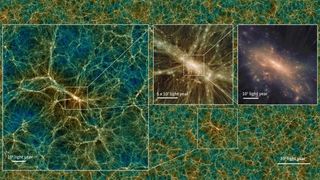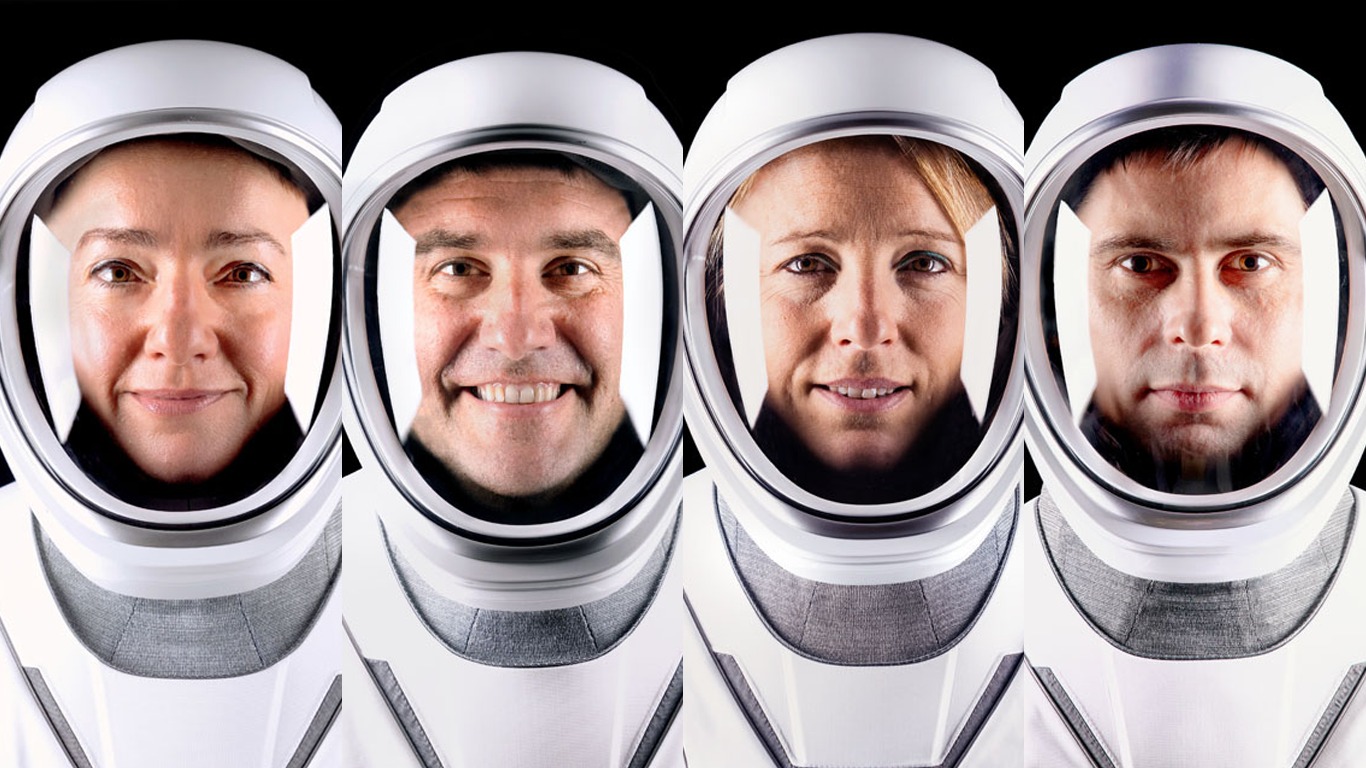Particle Physics
Latest about Particle Physics
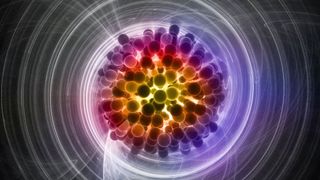
Opposites attract? Not in new experiment that finds loophole in fundamental rule of physics
By Ben Turner published
Like-charged objects were found to clump together while opposites repelled because of the newly discovered "electrosolvation force."
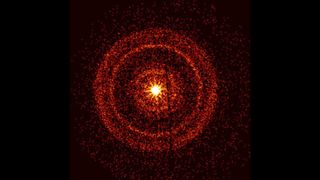
Weird particle physics stories that blew our minds in 2023
By Paul Sutter published
11 of the biggest stories about the smallest particles from 2023.
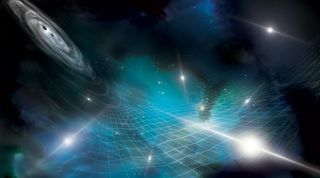
'Wavy space-time' may explain why gravity won't play by quantum rules
By Robert Lea published
A novel theory of 'wavy space-time' suggests that the division between our best descriptions of the universe on its smallest and largest scales may be because gravity does not play by quantum rules.
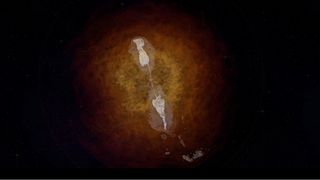
The elusive origins of long gamma-ray bursts may finally be revealed
By Robert Lea published
New research helps resolve the mystery surrounding strange long gamma-ray bursts, suggesting these blasts of high-energy radiation emerge from collisions of neutron stars that birth black holes.
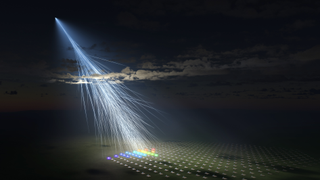
High-energy 'sun goddess' particle opens possibilities for new physics, exciting scientists
By Robert Lea published
Scientists have discovered a mysterious, highly energetic "sun goddess" particle that could act as a messenger for some of the universe’s most powerful events.
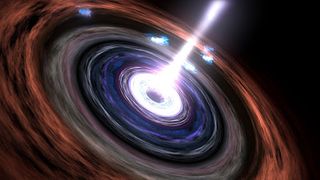
These supermassive black hole jets may pelt Earth with 'ghost particles'
By Robert Lea published
New research shows gamma-ray blasting blazars could also be belting Earth with "ghost particles," or neutrinos.
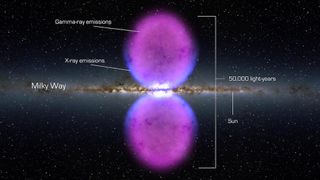
High-energy cosmic rays may originate within the Milky Way galaxy
By Sharmila Kuthunur published
The most energetic particles in the universe appear to emerge from sources within the Milky Way, our own home.
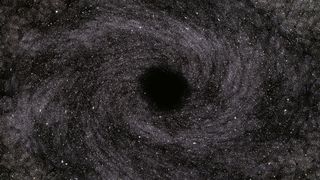
Is the vacuum of space truly empty?
By Paul Sutter published
Space mysteries Even though the density of interstellar space is billions of times lower than even our emptiest human-made vacuum chambers, it's not 100% percent empty.

World's smallest particle accelerator is 54 million times smaller than the Large Hadron Collider — and it works
By Harry Baker published
Scientists have created the world's first nanophotonic electron accelerator, which speeds negatively charged particles with mini laser pulses and is small enough to fit on a coin.
Breaking space news, the latest updates on rocket launches, skywatching events and more!
